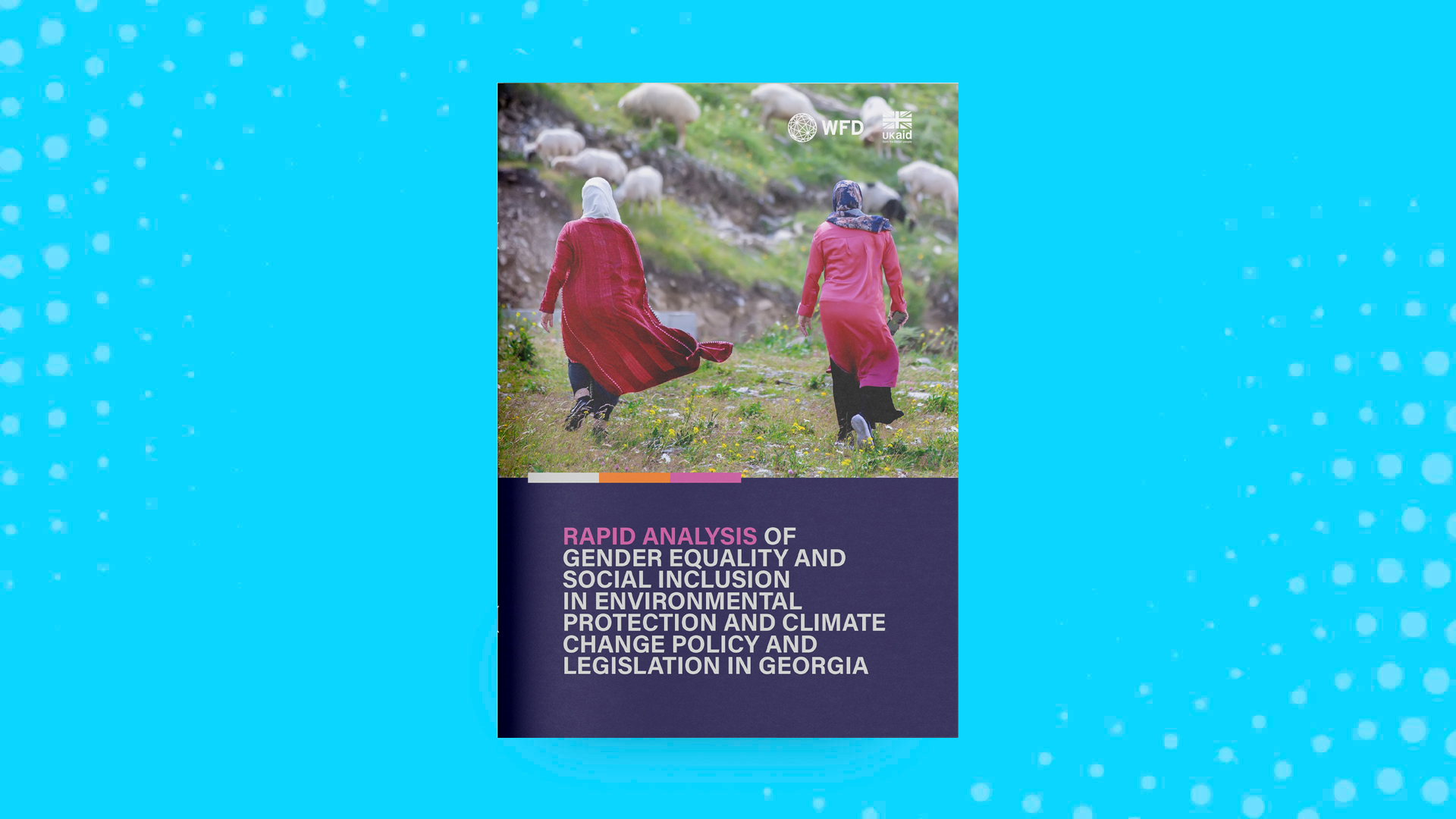Addressing environmental challenges and climate change while ensuring gender equality and social inclusion is a significant undertaking for Georgia. This effort aligns with the country’s development priorities and international commitments. As environmental issues increasingly affect the quality of life, integrating these principles is essential to creating inclusive and effective solutions.
Objective
This analysis evaluates how gender equality and social inclusion are integrated into Georgia’s environmental protection and climate change policies and legislation. It examines the current legal framework to identify gaps that may hinder the full inclusion of these principles. The review aims to assess whether existing policies adequately address the needs of women and other marginalized groups while safeguarding their rights and interests.
Georgia’s environmental and climate policy framework
Georgia's environmental and climate change policies are guided by key planning documents and legislation that outline national priorities, including:
- Sustainable development and natural resource management
- Climate change mitigation and adaptation
- Pollution reduction and ecosystem preservation
- Waste management and forestry protection
- Key Documents and Strategies Reviewed
The analysis focuses on pivotal national strategies and legislative frameworks, including:
- Fourth National Environmental Protection Program (2022–2026)
- 2030 Climate Change Strategy of Georgia
- National Integrated Energy and Climate Plan
- Long-Term Low-Emission Development Concept
- National Waste Management Strategy (2016–2030)
- National Forestry Concept
These documents establish Georgia’s long-term vision for tackling climate change, promoting environmental protection, and managing resources sustainably.
Legal frameworks evaluated
The review also considers foundational environmental laws, including those governing air protection, waste management, environmental assessment, and forestry codes. Together, these laws form the backbone of the country’s strategy to meet its national and international environmental commitments.
The analysis highlights how incorporating gender equality and social inclusion into environmental policies enhances the overall well-being of society.
This comprehensive review serves as a foundation for addressing gaps and advancing more inclusive environmental governance in Georgia.
Georgian version of the study
You can download the study in Georgian in PDF format.

